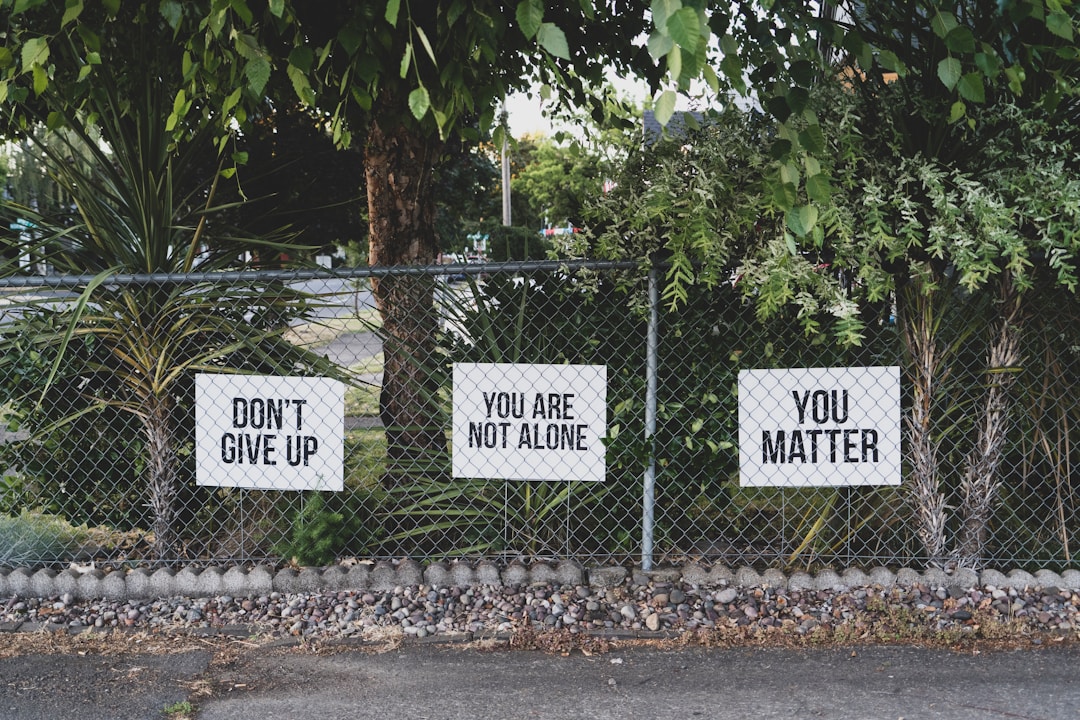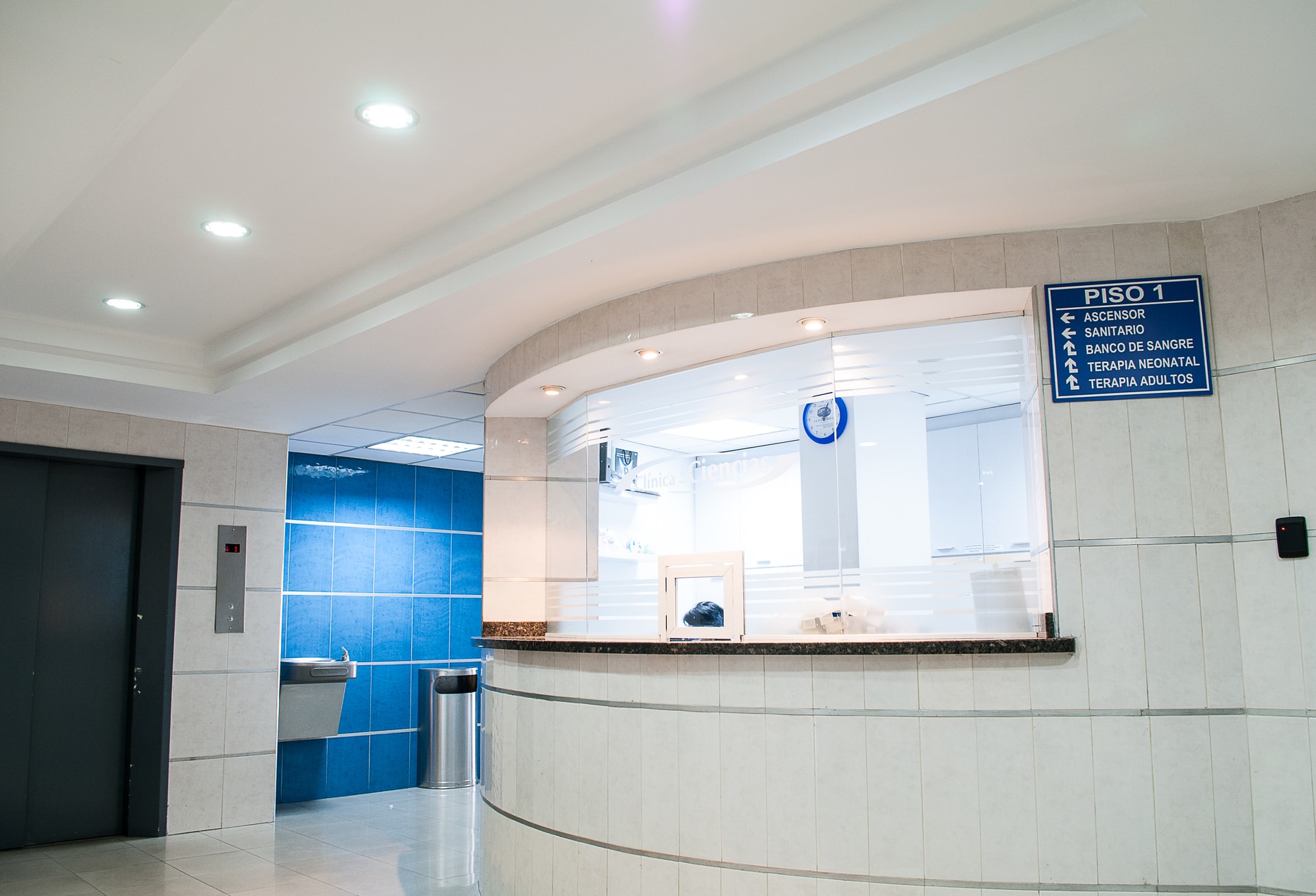The decision to go into rehab as an inpatient for a substance abuse issue or other mental health services is a big step. Whether you or a loved one are seeking inpatient psychotherapy services or a treatment program for depression and anxiety or behavior challenges, it’s important to feel confident in the care you or your loved one will receive. From considering success rates and amenities to thinking about long-term convenience and goals, there are some things to consider when it comes to picking the right rehab center for you. For a few things to think about when it comes to choosing a treatment center you’ll feel great about, read on.
Considering Amenities, Success Rates, and Opportunities

One great way to ensure you’ll be happiest at a recovery center is to do your research ahead of time. No matter what your mental health condition is, you’ll want to be in a place where you trust the psychiatrists and group facilitators. Before checking into any facility, do yourself the favor of contacting them, asking about treatment plans, relapse rates, and therapeutic modalities. The more you know ahead of time, the better chance you’ll have of finding the right match for you. You’ll be living there, so you’ll want to ask about amenities, too.
Maybe you live in the southwestern part of the United States and want to be sure the rehab you attend will make you feel at home. For someone who’s looking for fantastic accommodations while in rehab, you’ll want to do a search for ‘luxury rehab center in Arizona‘ or another state of interest. It’s okay to ask for accommodations and an environment you feel most comfortable in. Facilities like Hope House as this will only help with your long-term success. While doing your research beforehand, be sure to ask about opportunities for support after rehab as well.
Feeling Comfortable and Rehab Styles

Every rehab facility is different. Some are more community-based and have a focus on group CBT treatments, in which you work with other people in recovery to meet your individual goals. In other facilities, the focus is geared toward individual treatment. Knowing yourself and your comfort levels, you’ll want to ask before you arrive and choose a model you think will work best for you. Consider your personality before checking yourself in. For example, maybe equine therapy, art therapy, or adventure therapy would work well for you based on your hobbies and interests. Perhaps you have social anxiety and the effects of group therapy would trigger you. These are important things to take into consideration when shopping for the right inpatient care.
Long-term Goals, Convenience, and Follow-up Care

The recovery process doesn’t end the day you walk out of rehab. For effective treatment to stick, you’ll need a plan for after you’ve concluded the inpatient treatment process and are back in social situations and going about your regular daily life. For this reason, some people opt to attend treatment programs close to home, so they can work with therapists from the rehab or easily be put in touch with other mental health professionals who can help them to rebuild their lives after treatment. If you’re living in Arizona, a treatment program in AZ would make a lot of sense for that purpose.
If the convenience of having mental health services close to home will be important to you, it’s something to think about when choosing your rehabilitation center. Likewise, if you’re hoping for visits from family during your time in recovery at the treatment facility, you’ll want to find out about the rules for visitors and might want the convenience of a place close to home.
In the end, your decision to seek inpatient rehab is a big deal. You or your loved one are well on your way to your first steps into a new life of recovery. Whether you opt for a rehab facility with group therapy and an emphasis on CBT or choose a treatment center focused on managing depressive symptoms and substance abuse issues, having done your research ahead of time will put you in a better position for long-term success. Congratulations on your decision to get help for whichever mental health issues you’re struggling with and best of luck in your recovery journey ahead.
